Language
WORLDWIDE SHIPPING
GOLIATH manual salami slicer guillotine
€129.60
€106.23
Availability:
In stock
The beech-wood guillotine sausage slicer is suitable for all types of sausage, but is particularly effective with salami and more mature sausages. The sharp blade made of high-quality stainless steel allows it to cut either thick or thin slices to be served immediately at the table.
The sausage slicer guillotine is easy to use and requires no assembly. Equipped with a catch to lock the blade.
Do not immerse it in water, do not wash it in the dishwasher.
Clean it with a damp cloth and soapy water.
Product size: 38.5X20X14.4 cm
Shipping time: 5 -7 days
FAQs

 IT
IT FR
FR
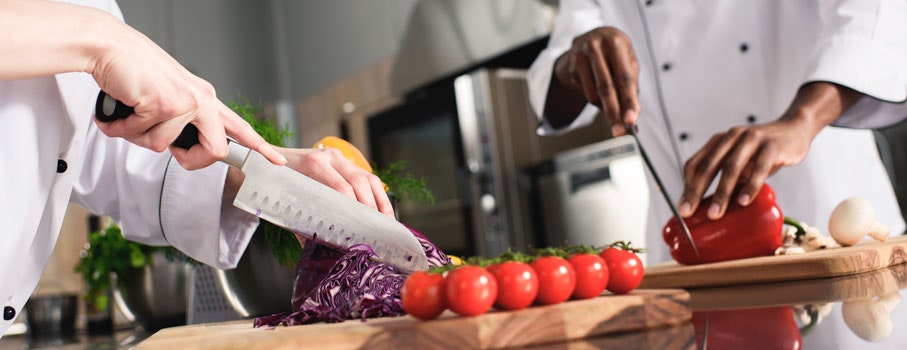
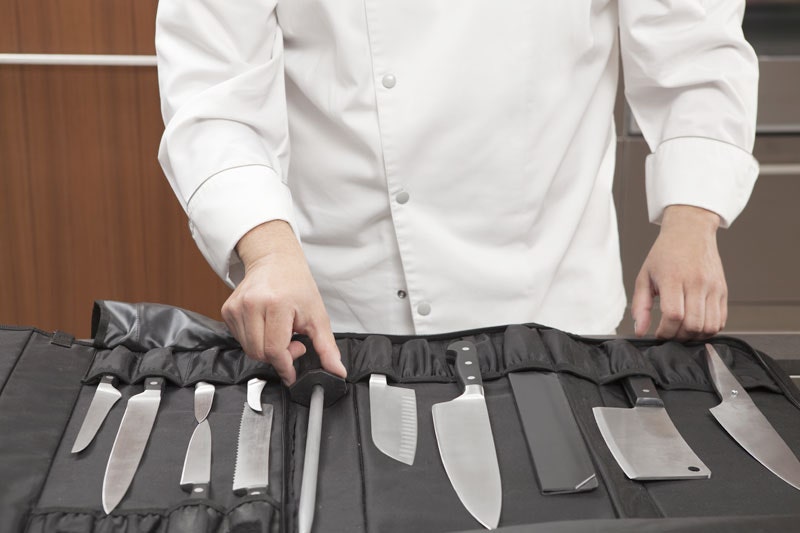
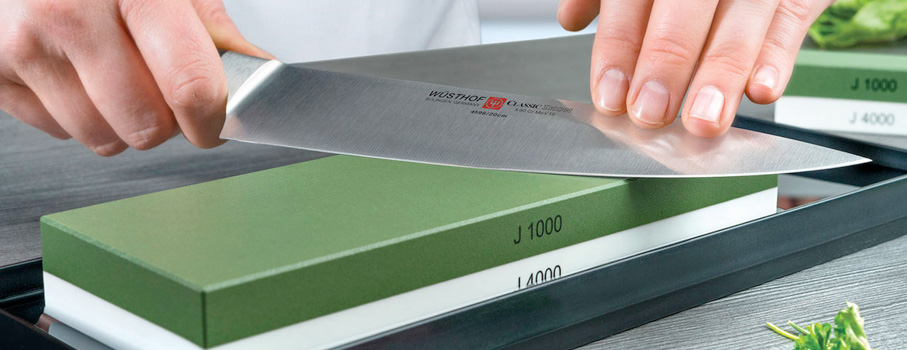
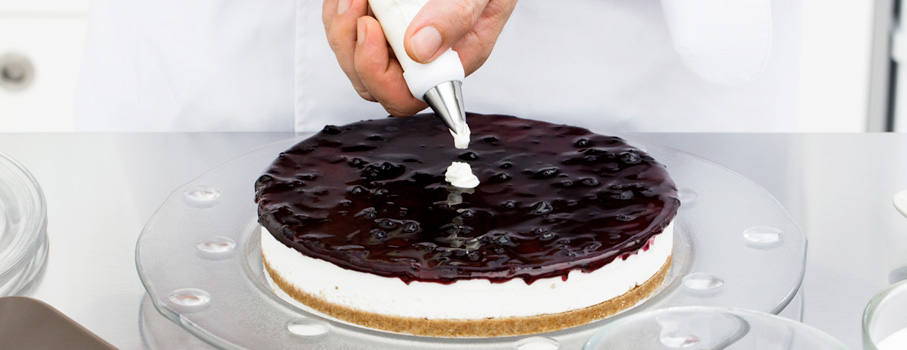

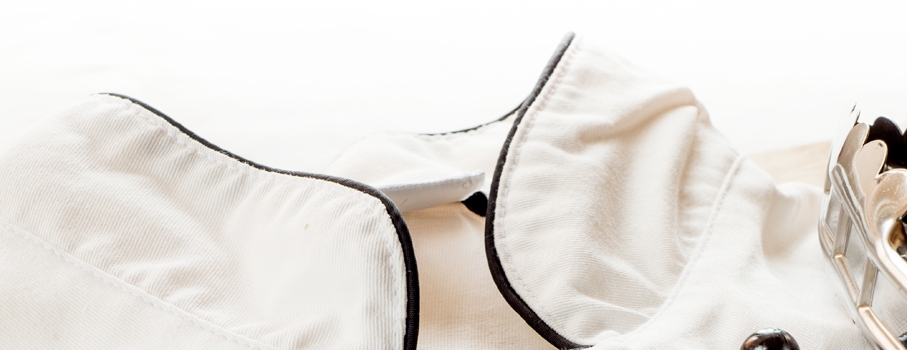

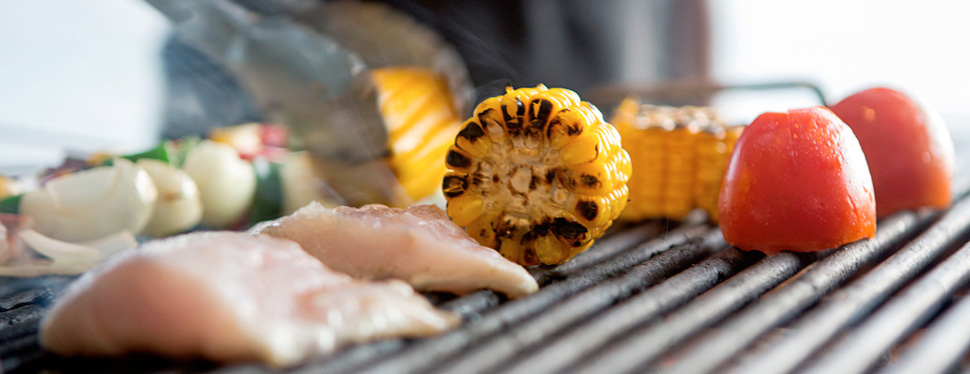

 IT
IT FR
FR
